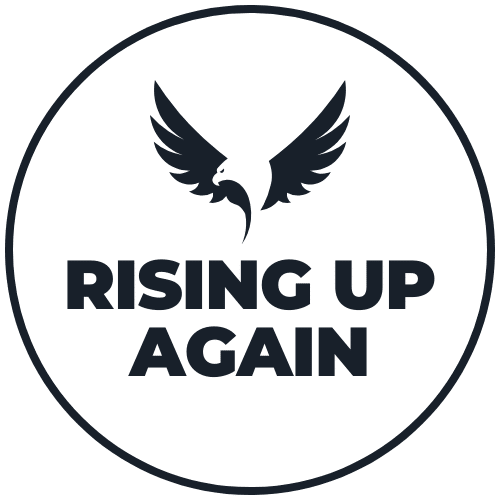The article was originally published in Jumpstart Magazine (Asia).
“I feel so incredibly empty, even though our company has developed extremely well economically,” my friend David said during our mandatory New Year’s phone call.
David is both a friend and business partner, the CEO of a cybersecurity solutions company. Its products and services are used all over the world. From an economic point of view, things have only gone up for his company, and for him personally in the last five years. One sales record broke the other.
But while his company’s KPIs went up, his mental wellbeing went in the opposite direction. David is often tired, irritable, and no longer enjoys what he is doing — even though his company is flourishing, which should be a huge motivational boost for him. Why is this not the case?
What happiness means to us
If we take a look at two Harvard long-term studies — the Grant Study and the Glueck Study — it becomes clear that economic success and money alone do not bring fulfillment.
The two long-term studies began tackling the question of what makes people happy more than 75 years ago. Beginning in the 1930s, researchers followed 268 Harvard graduates (Grant Study) and 456 men from lower-income neighborhoods of Boston (Glueck Study), regularly asking them about their physical and emotional well-being. Those who are still alive today are now 90-years-old. Some of them are still in contact with the researchers.
Long-term studies like the one above are rare. They provide insights that are usually difficult to obtain. After years of intense research, scientists have concluded that our greatest happiness comes from our relationships.
What the path to happiness can look like
I have experienced firsthand how unfulfilling economic success is on its own. In 2004 I survived the Indian Ocean tsunami, an event that shaped my life forever.
At that time, my life was almost entirely about business. Everything was going well, but at the age of 30, I felt the same emptiness that David told me about during our New Year’s phone call.
After the tsunami experience, this emptiness increased. For a long time, I asked myself why I had survived this catastrophe and why so many other people had to lose their lives. But eventually, the answer came to me like something out of a book: I still had a job to do. I took the situation as an opportunity to give my life a new direction–to share the opportunities that come to me with other people.
That’s why I decided to expand my entrepreneurial activities to include social projects and sustainability projects. Since then, I have supported various good causes and organizations. One of my priorities is to help these initiatives make a bigger impact by using digital technologies.
To this day, I have never regretted my decision. Making this choice has, among other things, helped to find the grounding and balance that is so important in life.
Why happiness makes you successful — and not the other way around
Coming back to the New Year’s phone call with David, at the end of our conversation, he asked me how to tackle this challenge.
My first piece of advice to him was to ‘rethink.’ Happiness researcher Shawn Achor found that we can be much more successful when we are happy. According to Achor, our brain is 31% more productive in a positive state.
Rethinking primarily looks at redefining success: never focus on the economic perspective alone, especially not materially. Instead, from time to time, honestly and holistically, ask yourself whether what you do leads you to a fulfilled life.
Based on my life experience, this is possible with the triple-A approach:
- ACCEPTANCE: Face your challenges and take responsibility.
- ADAPTATION: Create your new vision and roadmap for implementation.
- ACTION: Invest the existing resources in yourself and redesign your life.
I strongly believe that it is important to step out of your comfort zone, to challenge yourself, and thereby grow.
Whether for David personally or in general, balancing meaning and a sustainable purpose are becoming more and more essential to creating a passionate and fulfilling life — especially in times of crisis.


